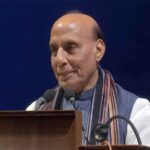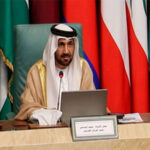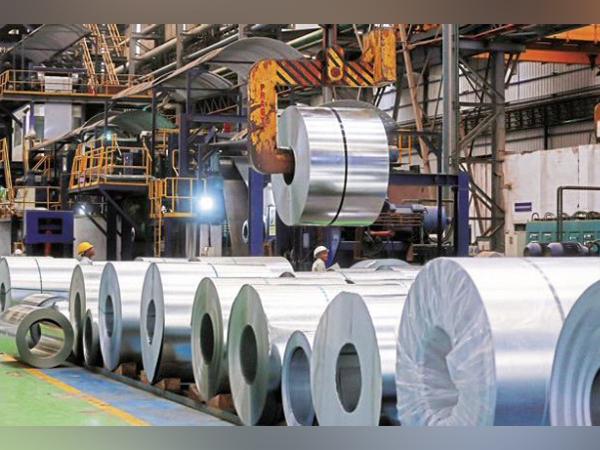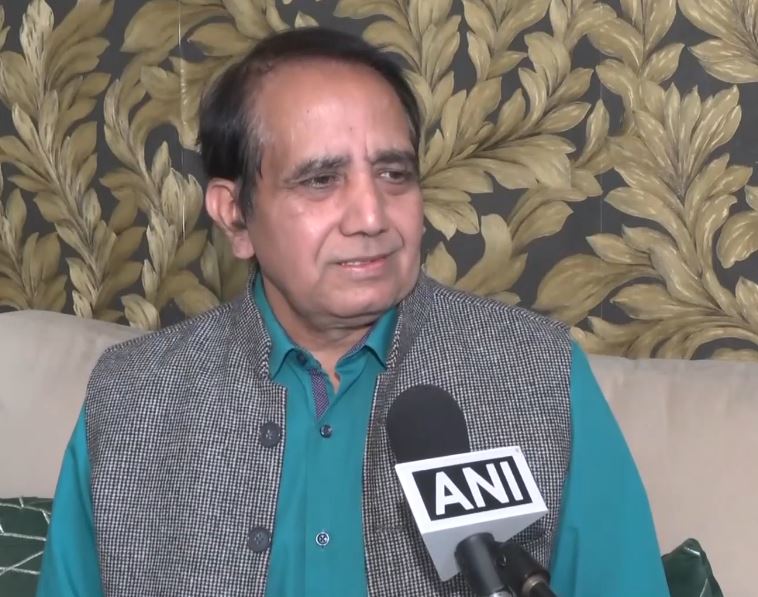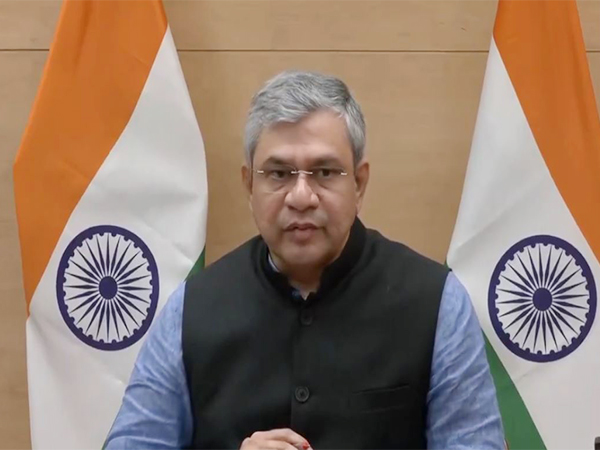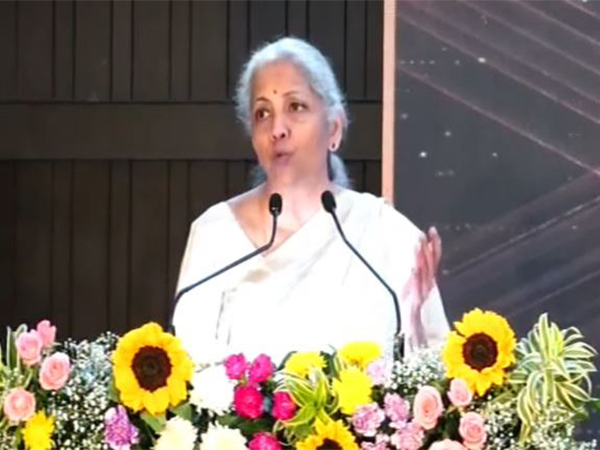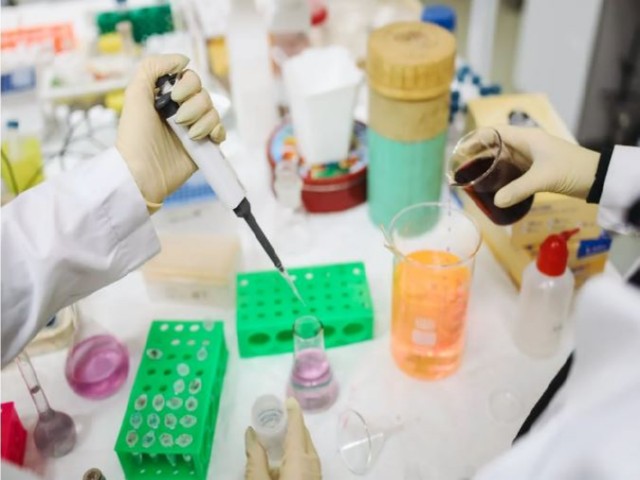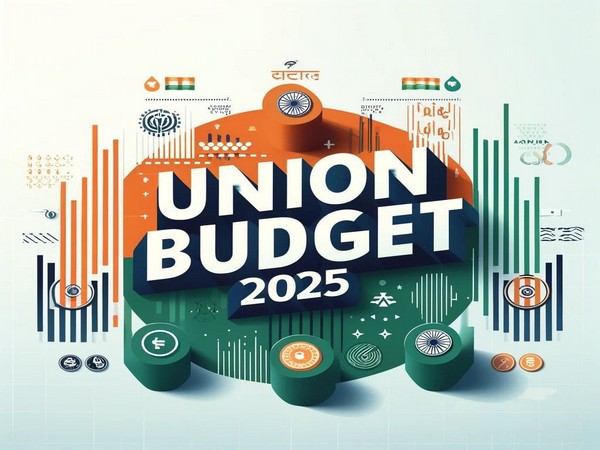
New Delhi [India], February 2 (ANI): Industry leaders have welcomed the announcements made in the Union Budget 2025-26, hailing them as key drivers of innovation, job creation, and sustainability across the manufacturing sector.
During her budget speech on Saturday, Finance Minister Nirmala Sitharaman introduced the National Manufacturing Mission, aimed at bolstering small, medium, and large industries under the “Make in India” initiative. She also unveiled a scheme to position India as a global hub for high-quality, innovative, and sustainable toy manufacturing.
Deepak NG, Managing Director of Dassault Systemes India, underscored the significance of a robust manufacturing foundation for India’s economic future. “The National Manufacturing Mission is a pivotal step towards self-reliance, fostering clean-tech and smart manufacturing while deepening India’s integration into global supply chains,” he said. He also highlighted the government’s push for investments in EV batteries, solar PV cells, and high-voltage transmission systems as crucial for sustainability and economic growth.
Sanjay Choudhari, Chairman of SBL Energy, echoed these sentiments, lauding the National Manufacturing Mission’s transformative potential under “Make in India.” He emphasized how the initiative will reinforce industries of all sizes, strengthen the domestic supply chain for mining and infrastructure, and enhance production of critical materials—ultimately reducing dependency on imports and improving energy security.
Arpan Ghosh, Founder and Director of Gamma Rotors, emphasized the role of the budget in high-tech sectors such as drones and electronics. “This investment will boost the drone industry and accelerate innovations in surveillance and energy-efficient drone systems,” he noted. He projected that the drone sector alone could generate over one million jobs by 2025, cementing India’s leadership in advanced manufacturing technology. Furthermore, he pointed to the National Centres of Excellence for skilling as instrumental in developing a future-ready workforce.
Saurabh Agarwal, Vice President and General Manager of Avery Dennison South Asia, praised the budget’s emphasis on sustainability, infrastructure development, and MSME support. “The reduction in tax slabs is expected to spur consumer spending, which will positively impact sectors like packaging and labelling. Additionally, improved manufacturing infrastructure will help MSMEs scale and innovate more efficiently,” he stated.
Bharat Gite, MD and CEO of Taural India, reinforced the focus on MSMEs, pointing out that enhanced credit guarantee schemes and machinery financing will stimulate industrial growth in Tier II and III regions. “The Union Budget 2025 sets a decisive course for India’s manufacturing sector by strengthening MSMEs, fostering domestic production, and enhancing global trade competitiveness,” he asserted.
The budget also underscored the need for upskilling India’s youth to meet the demands of Industry 4.0. With an expansion of Atal Tinkering Labs and a Rs 500 crore allocation for AI in education, the government aims to bridge the gap between education and real-world applications. “The focus on STEM and AI education will prepare India’s youth to lead in industries of the future,” Deepak NG added.
Sustainability emerged as a central theme, with stakeholders optimistic about India’s progress toward a circular economy. From driving clean-tech manufacturing to innovations in sustainable packaging, the manufacturing sector appears poised for transformative growth.


